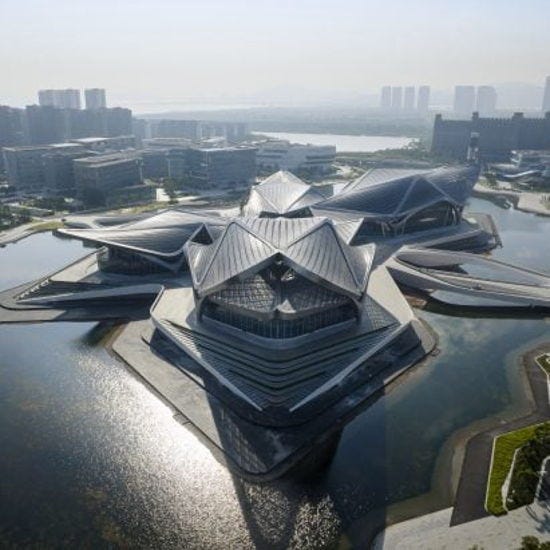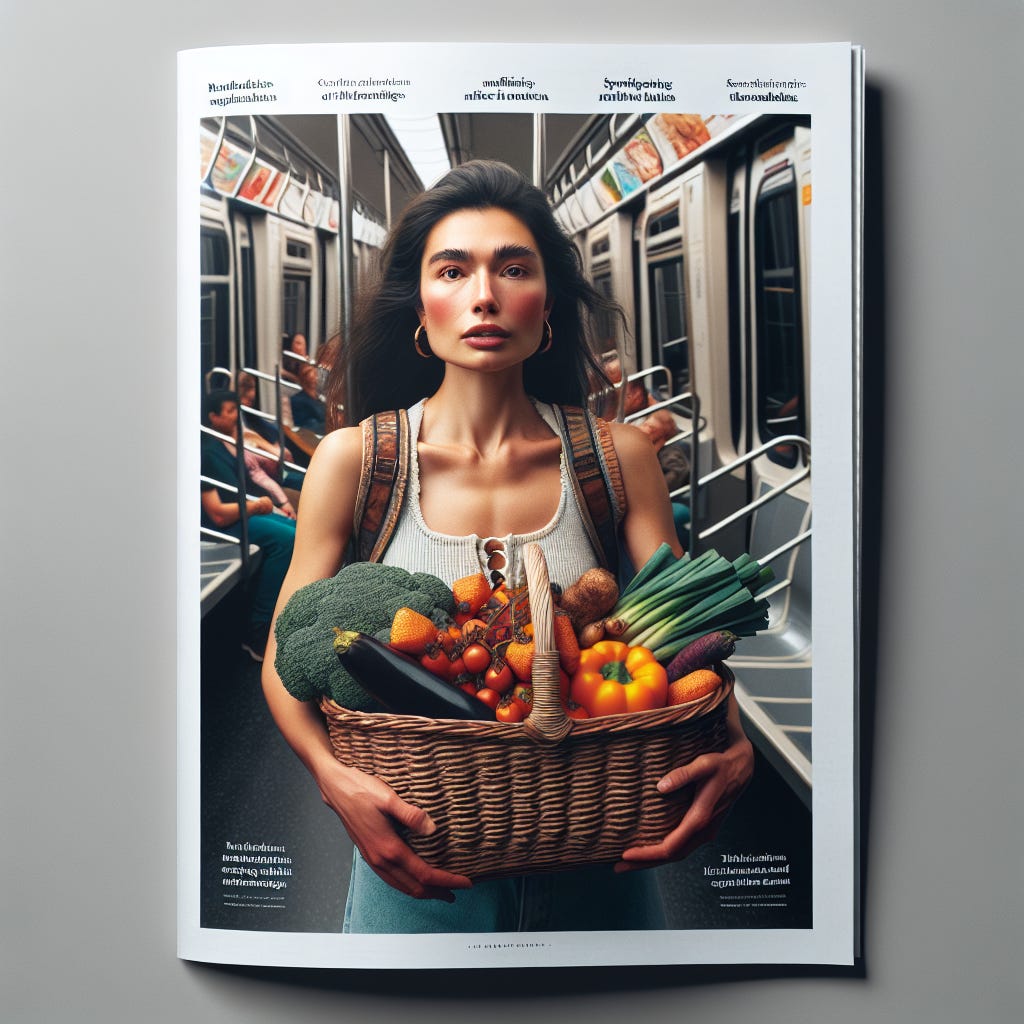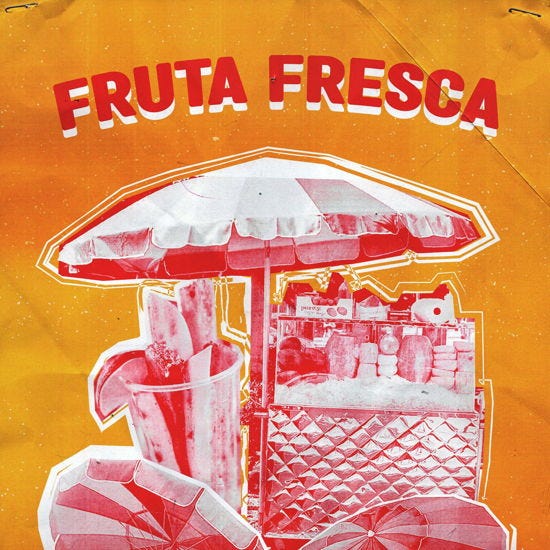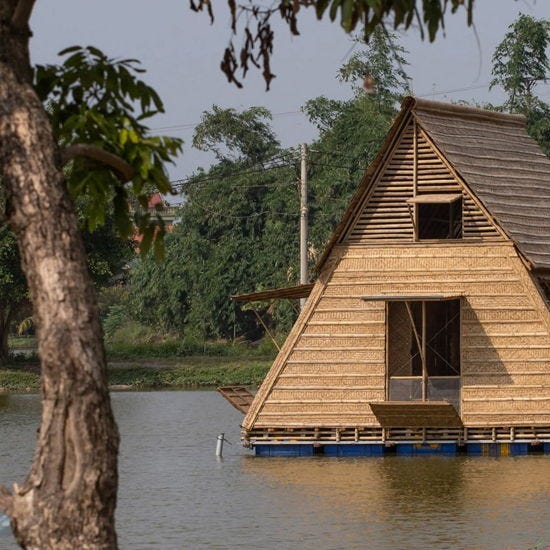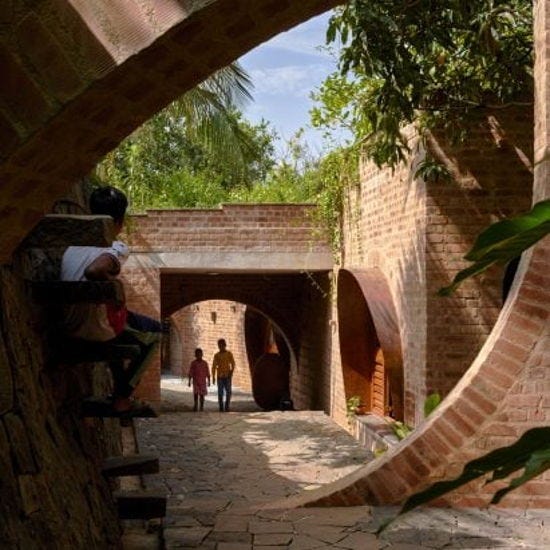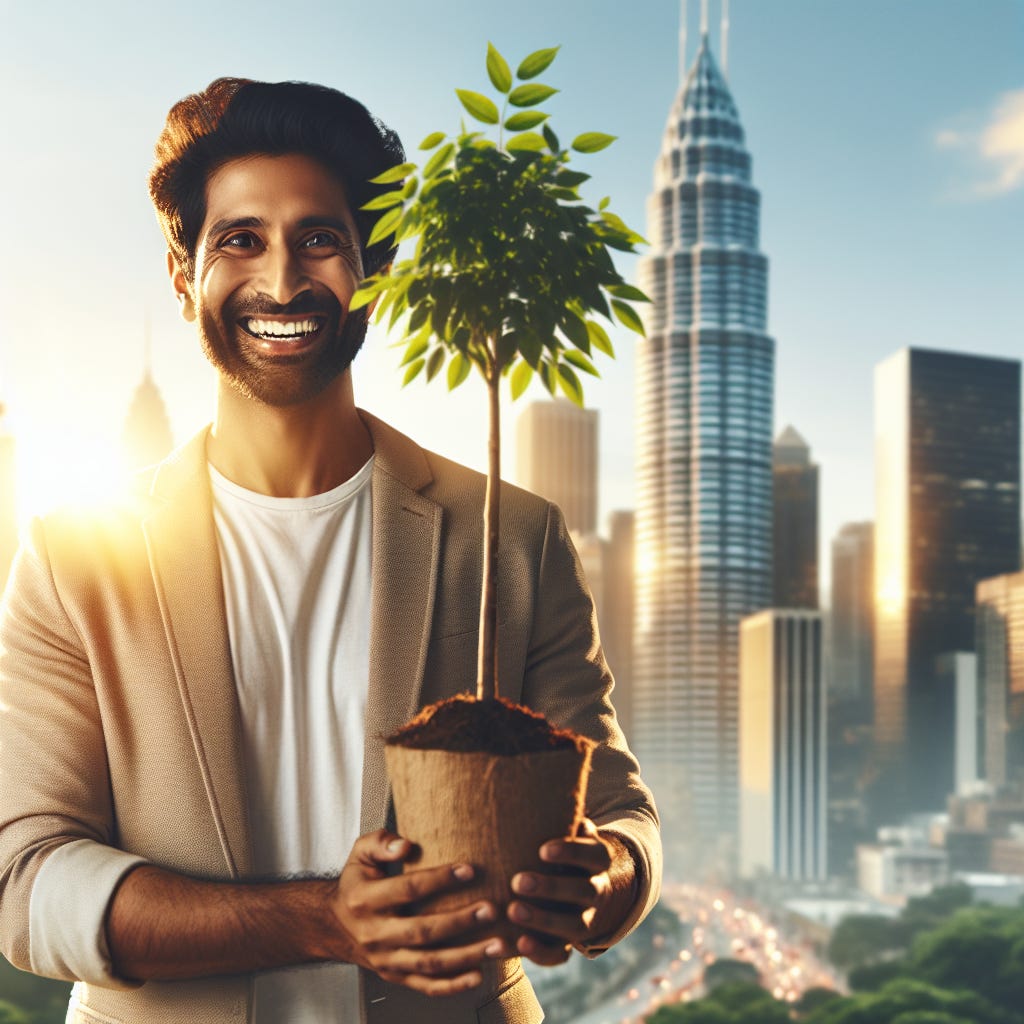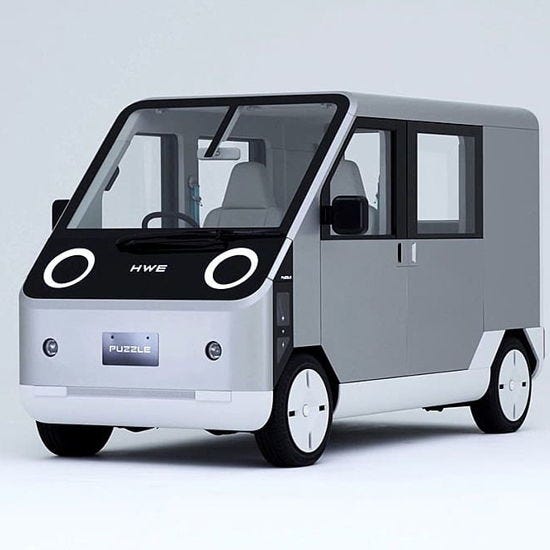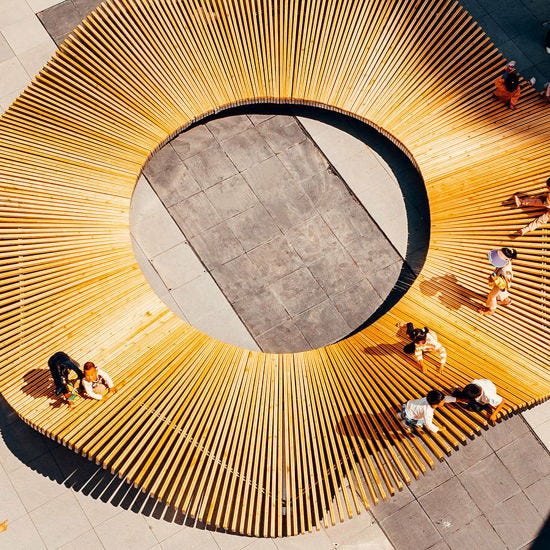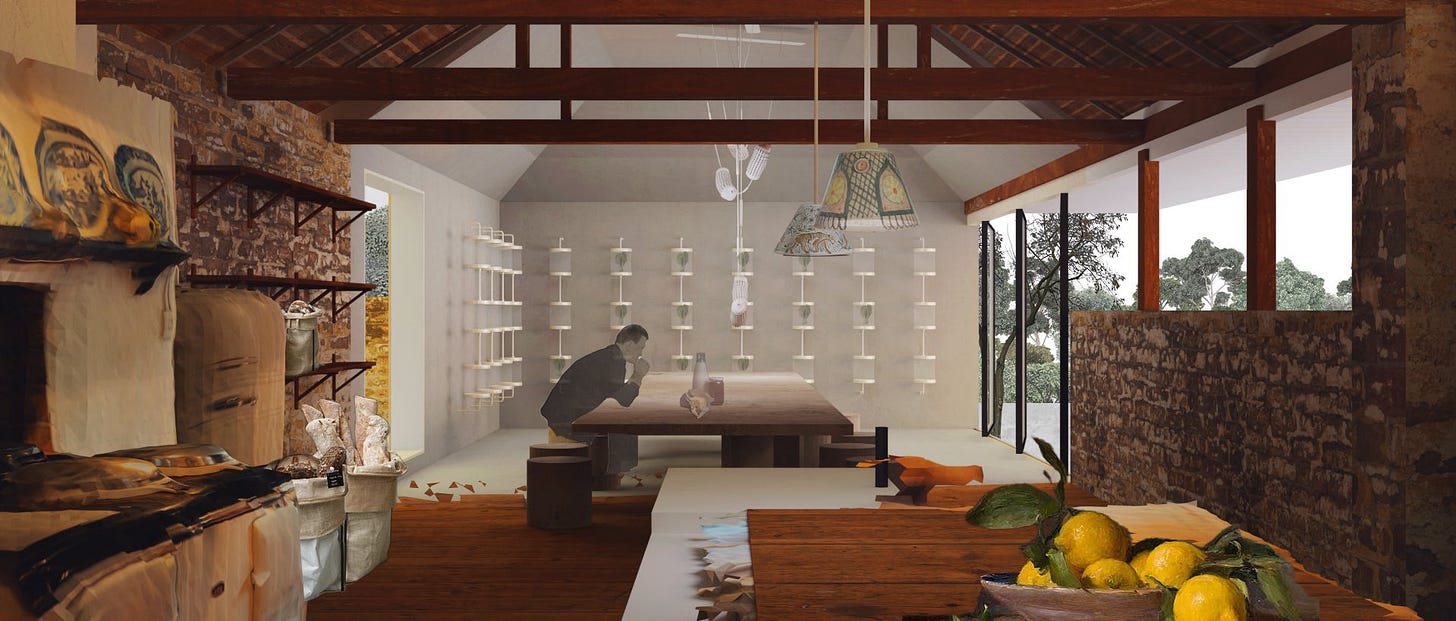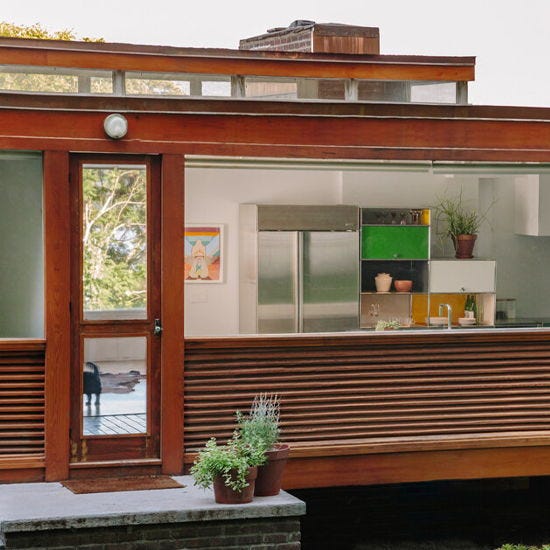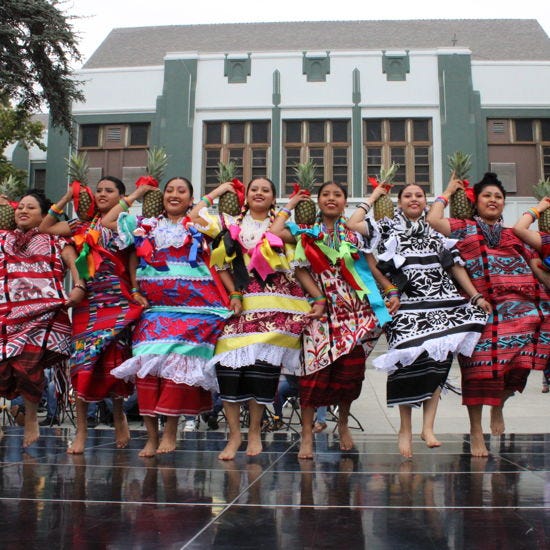Cities are undergoing a transformation towards sustainability, resilience, and inclusivity. The trends include sustainable and resilient city planning, creating equitable and inclusive urban spaces, embracing digitization and technology, designing creative and engaging urban spaces, reinventing urban infrastructure and transportation for sustainability and safety, and integrating cultural heritage and history into urban development.
These trends represent efforts to create cities that prioritize community engagement, environmental consciousness, and celebrate cultural identity. These shifts are driven by the need to address climate change, promote diversity, leverage technology, and enhance quality of life for residents.
Ultimately, these ideas as they present opportunities for innovative solutions, partnerships, and investment in urban development.
In today's email, we explore a variety of exciting trends and innovations in the future of cities. From initiatives that celebrate cultural heritage and challenge stereotypes, to research findings on the impact of green spaces on aging, to the design and policy support for low-income street vendors, we uncover the diverse ways in which cities are being transformed.
The Zhuhai Jinwan Civic Art Centre in China features a 'sponge city' system to manage water and a waste-heat recovery system, showcasing the importance of sustainability in city planning.
Cities across the US are investing in bus rapid transit (B.R.T.) systems to improve public transportation and reduce traffic congestion. B.R.T. offers a cost-effective and flexible solution that improves both accessibility and sustainability, providing a much-needed upgrade to the traditional bus system.
The shortage of public restrooms in American cities poses a major public health concern and an inconvenience for residents. The introduction of pissoirs as a temporary solution offers a practical and culturally-sensitive solution to this problem. As cities commit to a long-term and fully-featured plan for public restrooms, they can ensure public health and reflect our commitment to human dignity by providing fully-featured and accessible public facilities.
An article in Mold discusses the importance of food access and street vendors in NYC, showing that design and policy can support low-income women and their businesses.
H&P Architects in Vietnam has designed a floating bamboo house to help residents of the Mekong Delta cope with rising sea levels. The modular home can be connected to other houses to form a floating village and can be adjusted to changing weather conditions.
A Threshold's Subterranean Ruins in India is a sustainable community center built to resemble ancient ruins, featuring minimal fixed fittings and plantings on top of freestanding brick walls. The project celebrates the beauty of nature in city building and promotes sustainable practices in design.
A study conducted in 11 cities has found that people living in greener neighborhoods have longer telomeres and slower aging. However, environmental racism and pollution in the area can erase the benefits of green spaces, suggesting that exposure to green spaces at different stages of life may have varying impacts on health.
New York City is aiming to increase its tree canopy cover from 22% to 30% by 2035, with plans to plant 250,000 new trees. This environmental initiative tackles the issue of climate change and benefits historically marginalized neighborhoods by reducing the urban heat island effect and improving air quality.
Hewlett-Packard's 'Electro Puzzle' concept offers a sustainable and cost-effective solution for urban deliveries, integrating automated driving capabilities and customizable cargo space to reduce environmental impact and costs.
Epiphany Architects' installation in Chengdu, China, celebrates both technology and art by mimicking the movement of a petal and creating varying light and shadow effects. The public installation offers a playful social space and encourages children to interact and play with the structure.
Kitti Butter's POLLiNo project proposes a signage system to provide urban habitats for pollinators, benefiting ecosystems and potentially reducing the need for pesticides.
The Metro Futures project engages commuters in reducing air pollution in Madrid's metro system by raising awareness and implementing an air quality monitoring system, highlighting the importance of collaboration and foresight in tackling environmental issues.
A concept project predicts a new type of parasitic housing under the symbiotic relationship between virtuality and reality in 2050 and explores the possibility in sharing economy.
The restoration of a 1940s home in Newburgh, New York, owned by architect Philip Johnson and commissioned by Benjamin V. Wolf, has been converted into a cultural space that offers exhibitions, residencies, events, and lectures. The home showcases the owners' commitment to sustainability and honors the home's history, with a focus on inclusivity and diversity.
The City of Los Angeles has launched a project to document and celebrate the cultural heritage of South LA. Through community participation and celebration of cultural expression, the project challenges stereotypes and highlights the rich heritage and history of the area.
"We are also developing and expanding our power swap networks into more cities... we are seeing growing demand for such charged power swap services... we believe that power swap is also a sustainable business."
William Li, Founder, NIO
Thanks for reading The Prompt, a weekly newsletter curated by PSFK's researchers that delivers a diverse range of thought-provoking content to inspire better strategies, fuel exceptional creativity, and spark innovative ideas.
As a subscriber, you can stay informed, inspired, and ahead of the competition withdi fferent newsletters to choose from covering topics, technologies, and industry sectors. If you're interested in exploring our other newsletters, visit www.theprompt.email to discover the full range of options available to you.
Thank you for your continued interest in The Prompt and PSFK. We look forward to bringing you more insights and inspiration in the future.
Copyright © 2023 PSFK, All rights reserved.
You received this email because you signed up on our website or attended an event we held

